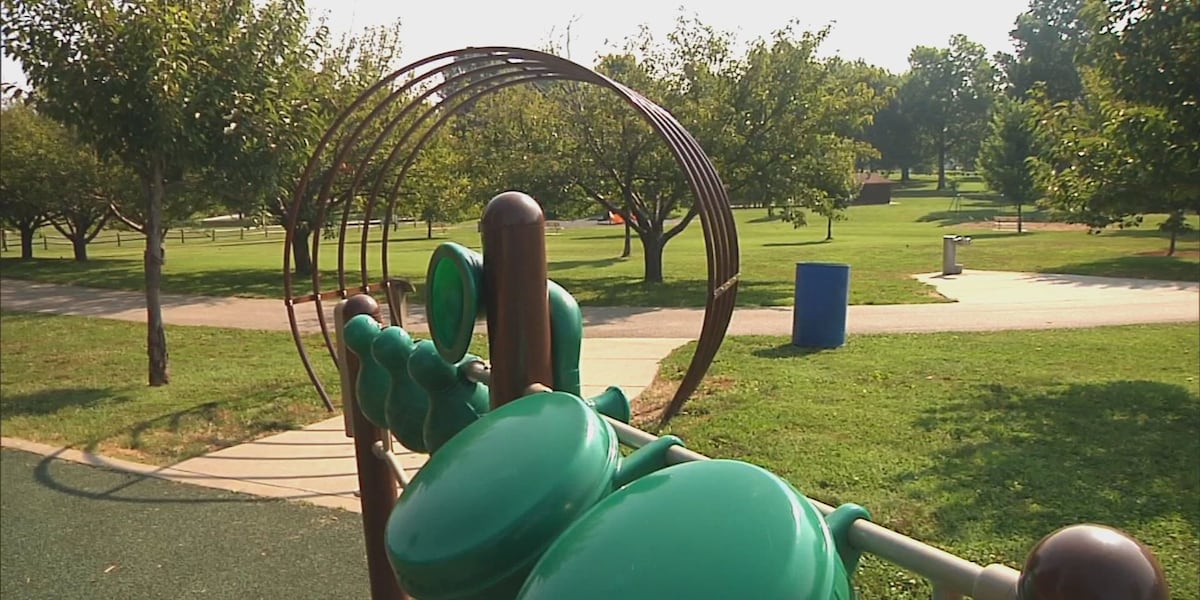Kiwi Educator Sounds Alarm: 'Students Can't Read' - Calls for Tech Detox in Schools

A former US high school English teacher's dramatic exit is sparking a nationwide debate about literacy levels and the impact of technology on young people. Hannah Maria, a 20-something educator, recently announced her resignation, citing a concerning decline in reading abilities and disruptive behaviour amongst her 10th-grade students. Her bold claims, shared widely on social media, have ignited a conversation about the future of education and the role of technology in the classroom.
Maria's decision to leave wasn't taken lightly. She described a classroom environment where a significant portion of students struggled with basic reading comprehension. “It’s heartbreaking,” she stated in a viral video. “Many can't even read simple passages. It’s impacting their ability to learn and engage with the curriculum.”
Beyond the literacy concerns, Maria also highlighted issues with student behaviour, attributing some of it to excessive screen time. “They’re glued to their phones, constantly distracted. It’s impacting their focus and their ability to interact with each other and with the learning material,” she explained. This led her to advocate for a significant reduction in technology use, suggesting a “digital detox” for students.
The Growing Concern Over Literacy
Maria’s experience isn’t isolated. Educators across the United States have voiced similar concerns about declining literacy rates. Standardized test scores have shown a worrying trend, with many students falling behind in reading proficiency. Experts point to a variety of factors, including the pandemic's disruption to education, changes in teaching methods, and the increasing prevalence of digital entertainment.
The Tech Debate: Friend or Foe?
The debate surrounding technology in education is complex. While technology offers incredible opportunities for learning and engagement, it also presents challenges. Excessive screen time can lead to attention deficits, reduced social skills, and a reliance on instant gratification. Finding a balance between leveraging technology’s benefits and mitigating its potential drawbacks is a key challenge for educators and policymakers.
What's the Solution?
Maria’s call for a “digital detox” suggests a return to more traditional teaching methods, with a greater emphasis on reading, writing, and critical thinking. While a complete ban on technology is unrealistic, many educators advocate for mindful technology integration – using technology strategically to enhance learning rather than replacing fundamental skills.
The conversation sparked by Maria’s resignation is a crucial one. It’s a reminder that investing in literacy and fostering a love of reading are essential for the future success of our students. It also highlights the need to critically examine the role of technology in education and ensure that it’s being used to support, not hinder, student learning. Perhaps a little less scrolling and a little more reading could be the key to unlocking potential across New Zealand classrooms too.






